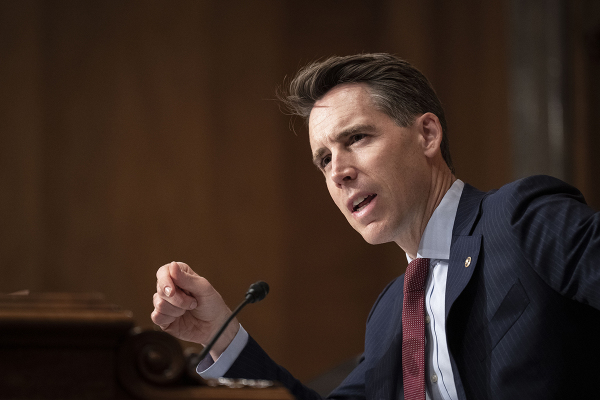Space Shuttle Launch: End of an Era for NASA
NASA's last space shuttle launch is off and on its way to the International Space Station.
In the minutes before the launch, NASA officials were carefully monitoring weather patterns to make sure not only that the launch would be safe, but also to make sure that there was a 25-minute window available after the launch in case the shuttle needed to abort the mission and return immediately.
“We're still cautiously optimistic,” said a member of shuttle launch control shortly before the T-9 minute countdown resumed. “We have been watching the weather and we knew the weather was going to be a challenge today.”
Fortunately, it stayed clear just long enough to get the shuttle off the ground. After taking only a few moments delay at T-31 seconds to check on some technical issues, the shuttle successfully launched only two and a half minutes late.
Minutes before Atlantis took off, launch director Michael Leinbach spoke to the crew, saying, “So on behalf of the greatest team in the world good luck to you and your crew on the final flight of a true American icon. And so for the final time, Fergie, Doug, Sandy, and Rex, good luck, Godspeed, and have a little fun up there.”
The crew on Atlantis is the smallest since 1983 and the program's sixth shuttle flight. Led by commander Chris Ferguson, a 49-year-old retired U.S. Navy captain, the crew also features pilot Marine Col. Doug Hurley, 44, and mission specialists Sandra Magnus, 46, and Rex Walheim, 48.
Crew commander Chris Ferguson spoke from the cockpit about the historic moment which ends an era in space travel. “The shuttle is always going to be a reflection of what a great nation can do when it dares to be bold and commits to follow through,” he said. “We’re not ending the journey today ... we’re completing a chapter of a journey that will never end.”
Atlantis' mission is to deliver the Raffaello multipurpose logistics module to the International Space Station, along with six months worth of supplies and extra parts. They will also perform an experiment examining the possibilities of robotically refueling satellites in space.
When Atlantis completes its mission and lands on July 20, which happens to be on the 42nd anniversary of the moon landing by the crew of Apollo 11, it will also mark the completion of manned space flights by NASA. The space program, funded by the government, lasted 30 years.
Estimates suggest that as many as 1 million people crowded the Cape Canaveral, Fla., area to watch the launch in person.





















